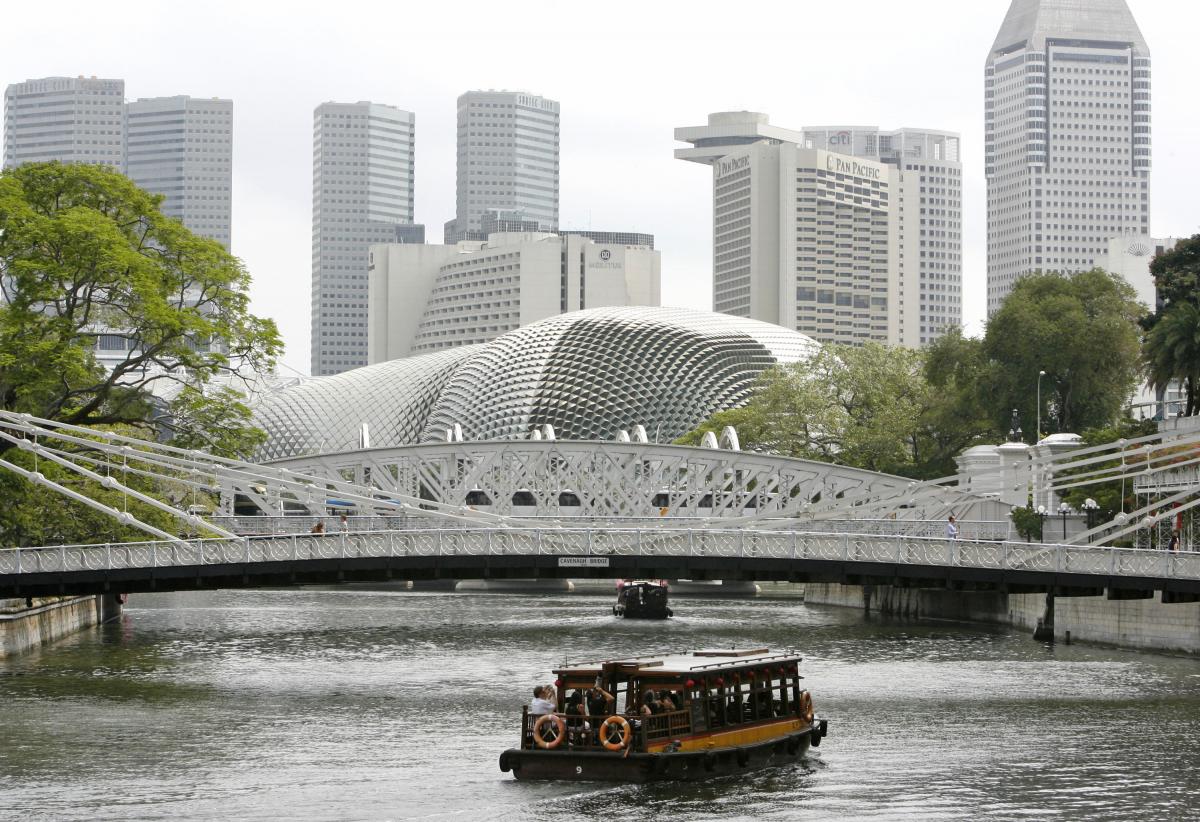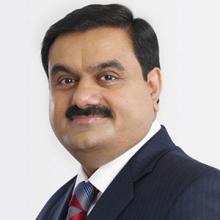Asian family offices versus next-gens' globalised attitudes

Family offices in Asia are still relatively new. Most of the wealth is still in the first, or possibly the second generation. The establishment of what might be described as western family office models is still nascent.
The preferred formula still remains that of a very trusted family retainer, a chief financial officer who has run an operating business, or a lawyer, who structures and advises the wealth that the principals. The old (or very older) generation still retain a great deal of control and make the strategic and investment decisions.
 This is relatively far removed from the outsourcing of wealth management to professional managers. We see this reflected in returns, acknowledging that the majority of the investments remains largely regional.
This is relatively far removed from the outsourcing of wealth management to professional managers. We see this reflected in returns, acknowledging that the majority of the investments remains largely regional.
Deeper analysis of data from our Global Family Office Report 2015 reveals that Asian managers may not be producing the returns topline results suggest. If you allow for a region's gross domestic product (GDP) to be the benchmark of your long-term investments, the professional market money managers and fund managers that are hired in Europe and America noticeably outperform their Asian peers. They are able to secure roughly 6% return

above GDP growth while the current management of money in Asia for the family office scene is barely achieving even a percentage of growth above regional GDP growth. We see this primarily as a result of their reluctance of the older generation to cede control to and outsource the professional management of money.
Asia is preparing for a huge transfer of wealth over the next decade. The future wealth holders have almost without exception benefited from global education, have spent time in two or more continents and have a significantly different perspective based on their own experience of what is required by professionalisation. They have access to global benchmarks and they have been educated and know similar families in the US and Europe. This next generation recognise that what they are currently doing in Asia for the majority does not reflect the structures put in place by families that have more generational experience of managing money.

The two primary centres of wealth remain Singapore and Hong Kong. Anecdotally and from my own experience, Singapore presents a more diversified and mature private wealth management market. The combination of factors led by a greater density of private banking, which is led by the Singapore government, and wealth management which the Singapore government has been very actively encouraging for a couple of decades. Therefore there's a greater density of professionals in the centre.
Defining a family office is difficult, there are great variations, but estimates, if you include the European and US families set up, run up to 400 distinct entities that might fall under the description of family offices. The highest estimate that I have heard from Hong Kong is 200.
Nick Hayward is Asia Pacific regional director at Campden Wealth






